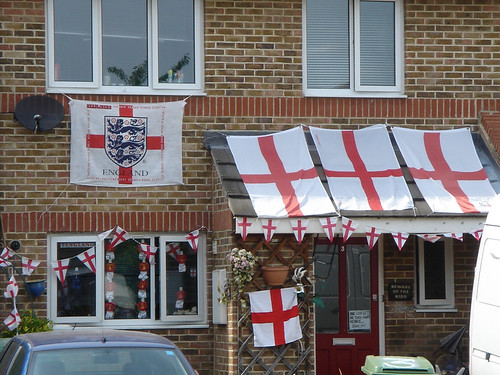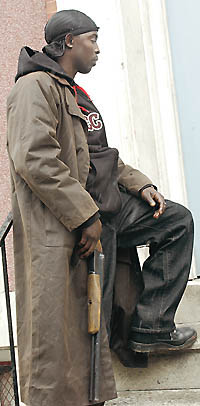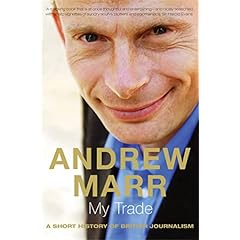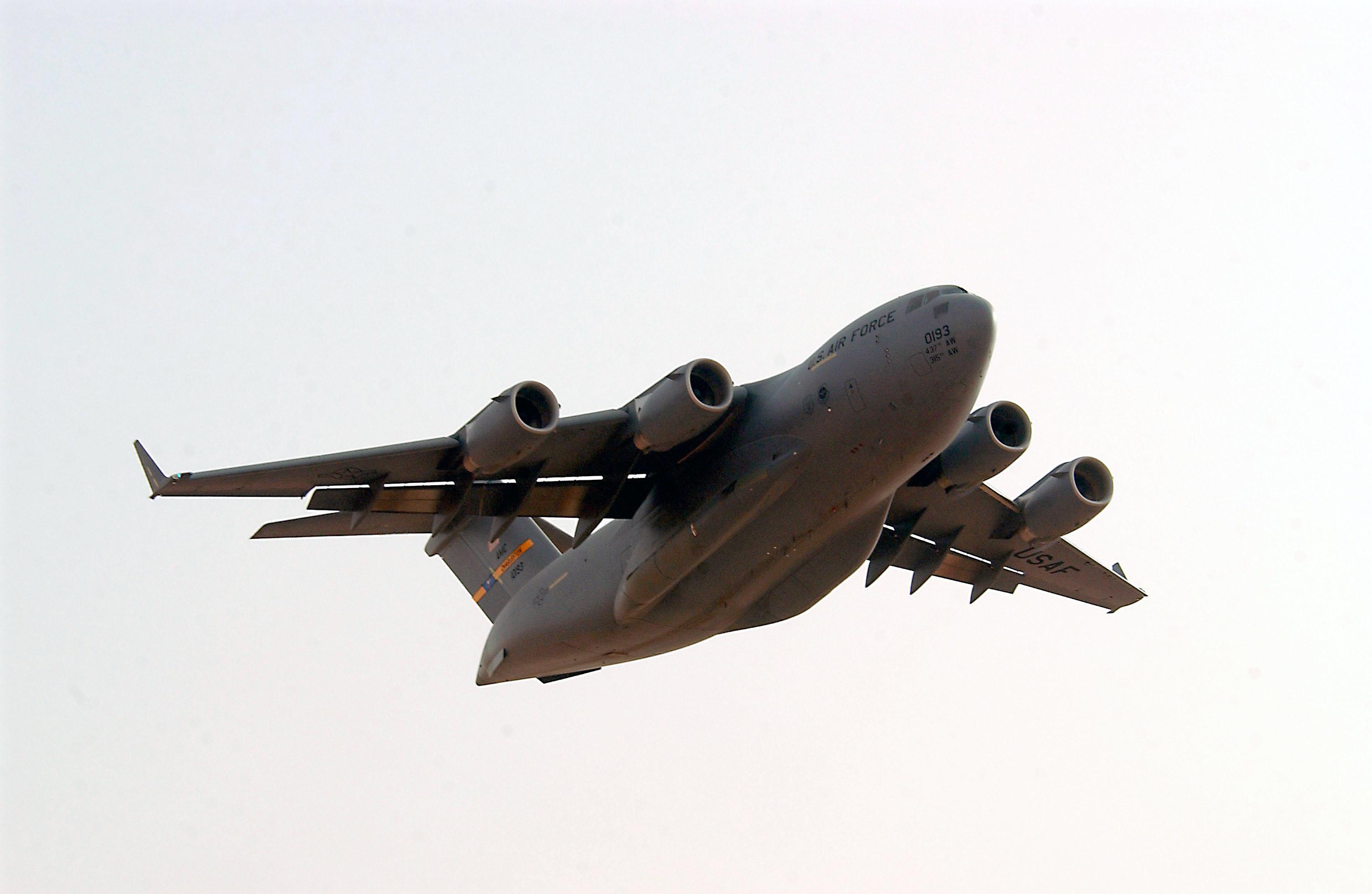 (Photo "Come on England!" by Lisa Connolly - via Flickr and Radio Open Source.) I'm dead chuffed: Open Source from Public Radio International in the U.S. has picked up my show idea and are developing it for future broadcast. My idea is to look at Englishness and see if, in the post-devolution UK, there is any reality to the idea of a "new Englishness", representing a more progressive and diverse idea of nationality. I wrote quite a lengthy comment on their thread today, which I will paste in here. Anyone with their own thoughts should join the discussion on the Open Source website.
(Photo "Come on England!" by Lisa Connolly - via Flickr and Radio Open Source.) I'm dead chuffed: Open Source from Public Radio International in the U.S. has picked up my show idea and are developing it for future broadcast. My idea is to look at Englishness and see if, in the post-devolution UK, there is any reality to the idea of a "new Englishness", representing a more progressive and diverse idea of nationality. I wrote quite a lengthy comment on their thread today, which I will paste in here. Anyone with their own thoughts should join the discussion on the Open Source website.It’s very interesting to see how many Americans look at this through the idea of heritage: “where my people came from” etc. I guess that’s very much a country of immigration response. Many Aussie friends are similar and have a much better sense of their family history than most British people will. If there is a “new Englishness”, I would argue that it is absolutely the opposite to this. Scottish nationalists, with a very few exceptions, tend to be quite embarrassed by the Hollywood-Braveheart-paint-your-face-blue-and-wear-a-kilt type of nationalism. I don’t think Alex Salmond, longtime leader of the Scottish National Party (SNP), has ever been seen in a kilt. That’s for the tourists. The new Scottish nationalism is in many ways a conscious attempt to reconstruct Scotland as a Nordic social democracy. They look to the Norwegian “oil fund”, set up to endow the Norwegian welfare state into the future, for inspiration. Or to the Finnish or Swedish parliamentary proportional representation systems. It’s a conscious effort to recreate Scottishness as citizenship, not an ethnicity, so that being Italian-Scottish, or Pakistani-Scottish makes sense.
The devolution of powers to the Scottish Parliament, Stormont in Northern Ireland and the Welsh Assembly, has forced this issue onto England. If “the UK” means less and less, “English” needs to mean more. In 2000 I was tutoring political science groups at a university in Manchester. One class I remember of about 15 students was very diverse: students whose families had come from Pakistan and India, Ghana and Jamaica, Poland and Ireland. We were discussing national identity and it was interesting that most non-white students tended to see English as ethnicity. For them, to be English was to be white. Their multiple identities tended to be local: Mancunians, Brummies, Liverpudlians, etc.; National - British; and ethnic: Pakistani, Afro-Caribbean etc. “English” didn’t make it - after all no one has a passport saying they are English. Post-9/11, “Muslim” has probably been pushed onto some of them as an additional, and at times over-riding identity.
But have things changed in the last 7 years? I’m not sure. Anecdotally, people say that the following of the English football team abroad in recent years has become much more multiracial (as well as more women and families supporting). The fact that football is played by the sub-nations (England, Scotland, Northern Ireland and Wales all have their own teams), unlike for example the Olympics where the team is “Great Britain and Northern Ireland”, has pushed this issue. There are lots of black players who proudly represent their ‘country’ in the English team. So this is why last summer’s world cup brought discussion of this to the fore.
I think the idea of a new, positive, English nationalism faces some structural problems: a) “Cool Britannia”, although rather sneered at now, the late 90s idea was that Britain was cool again - booming economy avoiding some of the difficulties faced by continental Europe, the music, the diverse young creative hip spirit of London etc etc did have some resonance - but it suggested being British was cool, not English. b) That the capital of the UK is also the capital of England: why does England need a parliament say, when it already has a perfectly good one in London? In Scotland people now look to Edinburgh, in Wales to Cardiff, but in England there is nothing new - the UK institutions seem to basically be also the English institutions. The government had the idea of regional parliaments in England, that would devolve power away from the London a bit like the States in the US, but when the voters of the North East were asked first, they heavily rejected it as it looked like just more bureaucracy. The idea got shelved.
I suspect that a new Englishness will probably only come about if really forced onto people by Scottish independence. This looks unlikely now, but isn’t impossible. Until then, those of us who think of ourselves as British but come from England, will probably keeps saying when asked: “I’m English, eerrrrrr…. British; I come from England, errrrr…. you know - the UK, ummmm… Great Britain. You know what I mean?”
Anyway, British, UK, English, Irish, Scottish, Welsh, whatever - we do have the best beer.


















